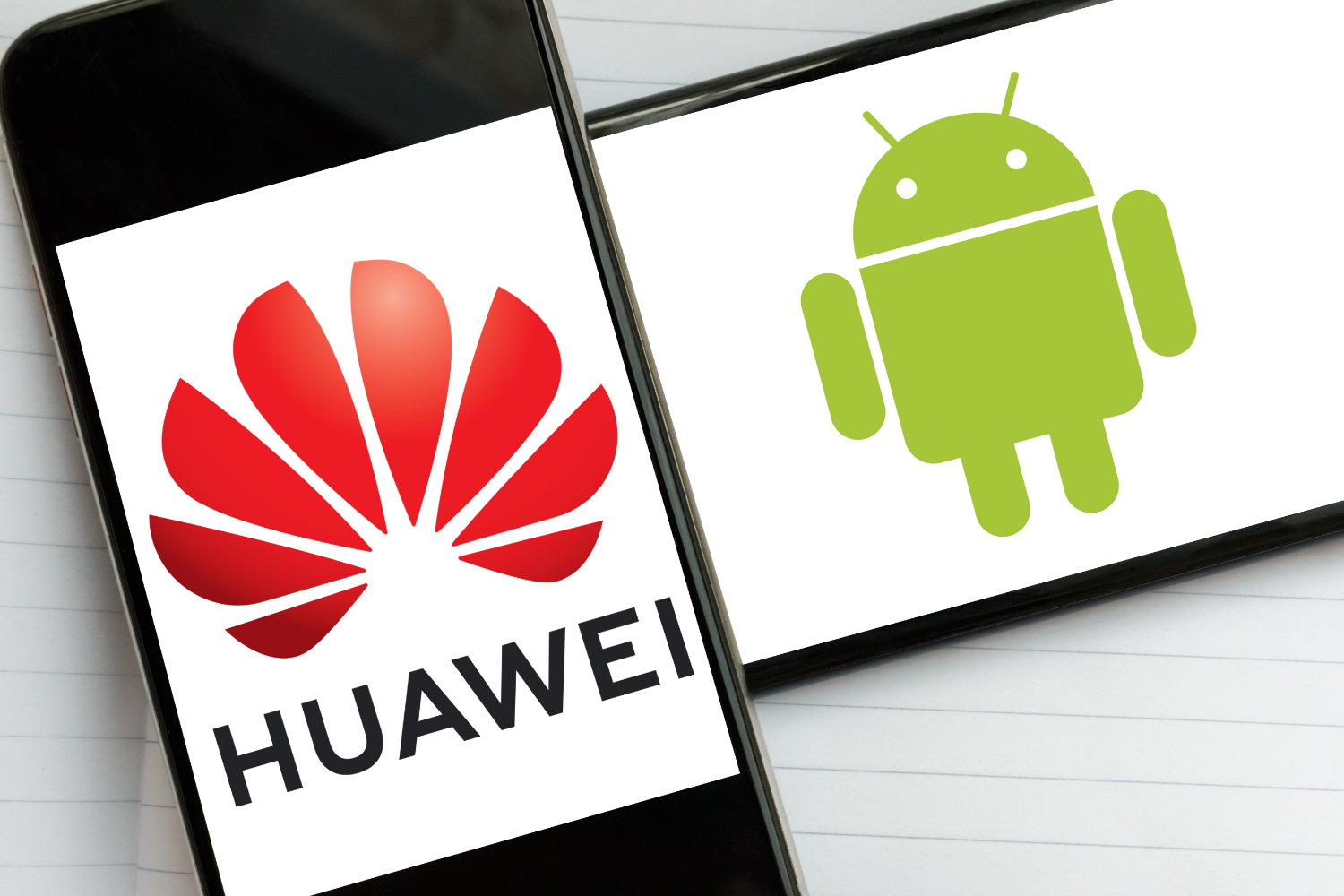Huawei Says Its New OS Isn't an Android Replacement
Huawei board member and Senior Vice President Catherine Chen said in a Brussels meeting on Thursday that the company’s Hongmeng operating system (OS) was never designed for smartphones, or even any consumer product at all, Xinhuanet reported.
According to the publication, during a roundtable she said Hongmeng was designed for industrial use and that its development started years before Huawei began having trade troubles in the U.S.
The exec also reportedly pointed to smartphone OSes requiring dozens of millions of lines of codes, while Hongmeng only has hundreds of thousands, making it more secure. According to Chen it also has much lower latency than a smartphone OS would have.
In Brussels, Chen also said that Huawei intends to continue using Android for its smartphones. It’s not clear yet whether or not Google will acquire a 90-day license to work with Huawei, but Huawei recently announced that Android Q will come to some of its higher-end devices.
Huawei Talked Big About Ditching Android
Last year, Huawei reportedly told its partners not to worry about the increasingly hostile moves from the U.S. government against the company because if Huawei needed to stop using Android (made by U.S.-based Google) it could use its own OS. Huawei also told European partners that its new OS would gain 50 million app installs by the end of 2018. However, Huawei has yet to release a smartphone OS.
After the U.S. government this year banned U.S. companies from collaborating with Huawei, Huawei said its Android replacement could be out by the end of the year. It also claimed the OS would be up to 60% faster than Android. U.S. companies, including Google, started defending Huawei to the U.S. government, fearing that Huawei (and perhaps others) would indeed switch away from Android if Google’s OS was no longer an alternative.
Perhaps as a result of all of this lobbying, President Trump has started to backtrack somewhat on banning U.S. companies from working with Huawei. However, any collaboration with Huawei still needs to go through the U.S. Commerce Department, which will apply a “presumption of denial” when making a decision about whether or not to allow a certain partnership.
Get Tom's Hardware's best news and in-depth reviews, straight to your inbox.
Some U.S. companies, such as Microsoft and Intel, have already started to resume some business deals with Huawei and more may be expected to follow soon. A Reuters report this week said that more companies may be granted temporary licenses to sell their products to Huawei within the next four weeks.
Lucian Armasu is a Contributing Writer for Tom's Hardware US. He covers software news and the issues surrounding privacy and security.
-
mihen Would I trust using android or a hundred thousand line OS that probably has a Chinese back door? That's a tough one, but I would have to give the benefit of the doubt to Huawei.Reply -
bit_user Reply
Be that as it may, it cannot support the modern APIs needed by the multitude of cell phone apps (or even the core ones), with such a diminutive size and complexity.mihen said:Would I trust using android or a hundred thousand line OS that probably has a Chinese back door? That's a tough one, but I would have to give the benefit of the doubt to Huawei.
If the description of Hongmeng as essentially an industrial RTOS is accurate, then it's clear that they were bluffing about whether/when they could deploy it on their smartphones. They might even conclude that it'd be less work to take the Linux kernel and certain userspace components, as a starting point, than Hongmeng.
Related: https://en.wikipedia.org/wiki/Hongmeng_OS
